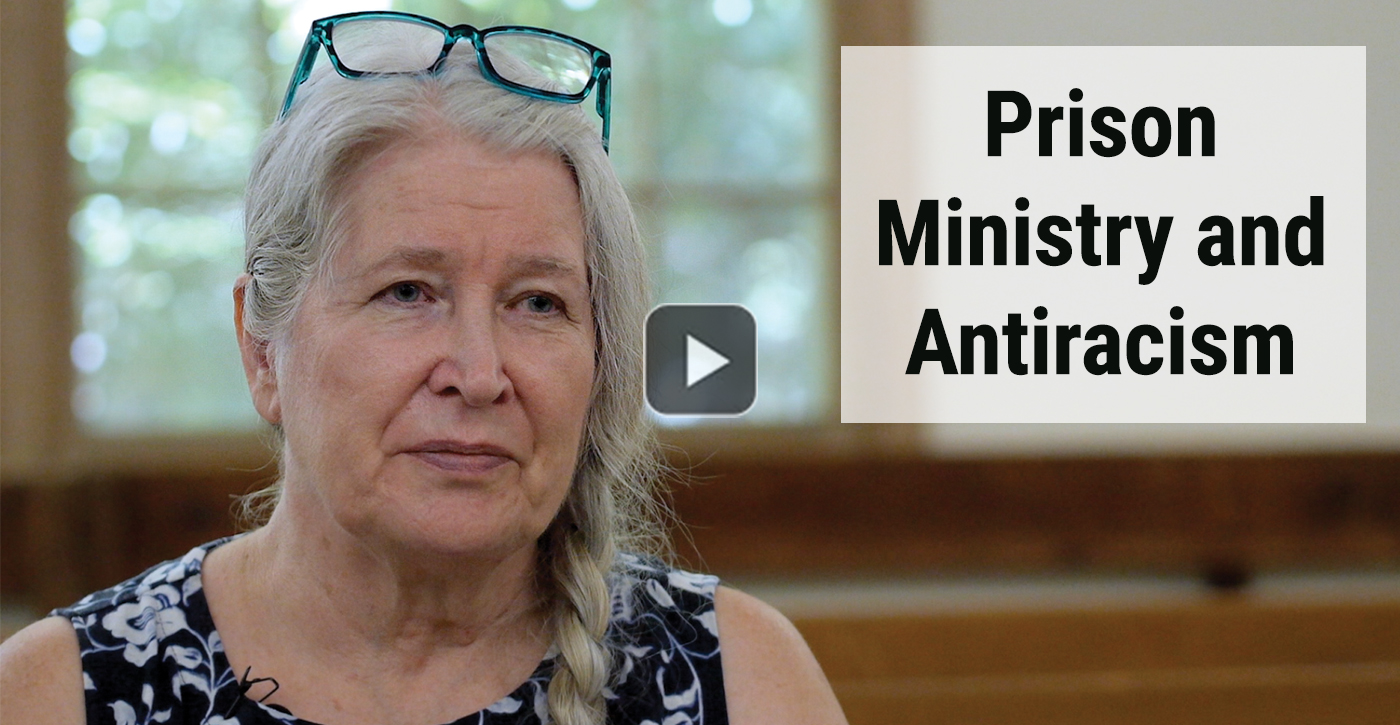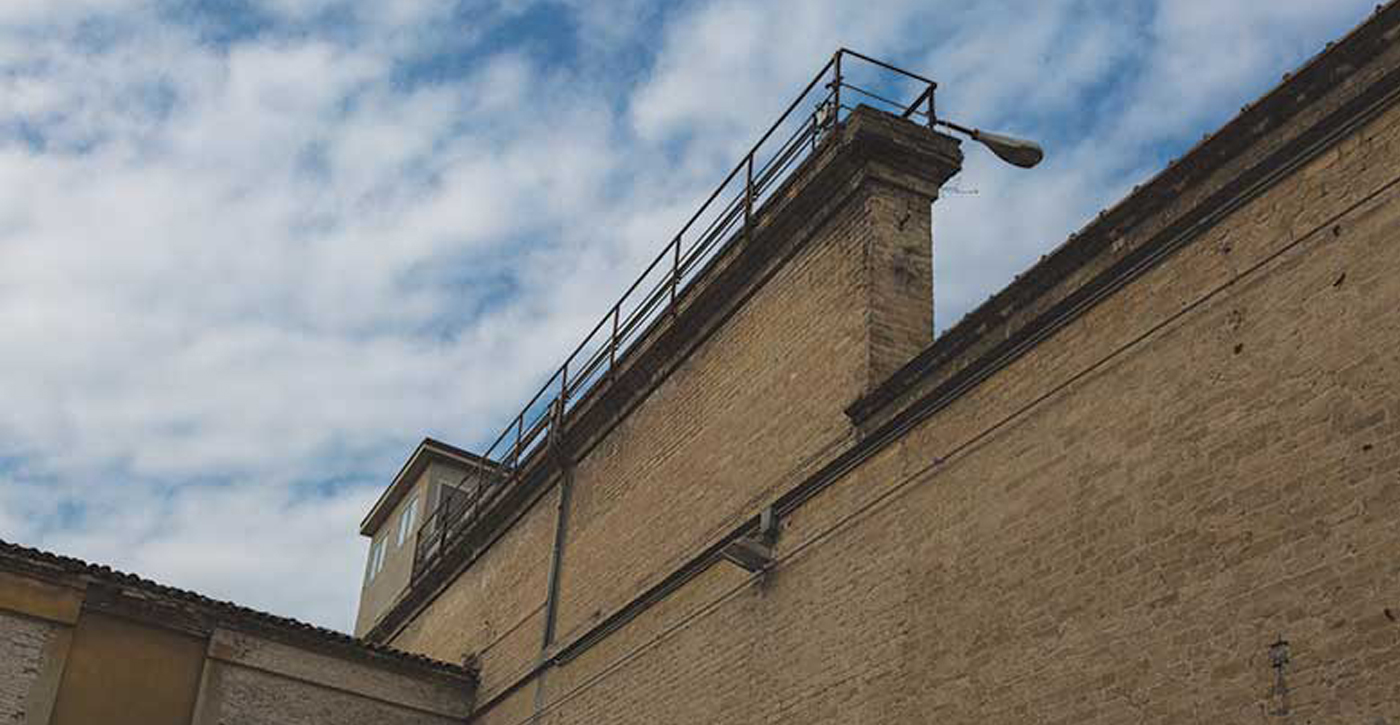Some time ago I heard a story about a visitor to a Quaker meeting. After a while the visitor leaned over to an old-timer and whispered in his ear, "When does the service start?" The old-timer replied, "When we leave here."
Being in prison for the last 18 years has helped me to understand that we are doing ministry or service when we have a positive outlook toward the world and those around us. This is pretty straightforward, but it is very important, especially in prison.
When a person acknowledges the harm which he/she has caused to others, an awakening can occur and those who have been forgiven much become those with much to give. Men and women who have been in prison for 10-20 years or more are a testament to the amazing ability of the human psyche to move on and survive through service to others. This is a difficult revelation, and even more so when we hear that those who live on the other side of life’s fences are doing something that we can’t imagine being able to do—survive inside prison. Interestingly, as people hear about prisons through the news or church, some feel as though they have an obligation or some biblical command to "visit those who are in prison" and help them by doing this good deed. Strangely though, most find that prison visits are a source of inspiration and truth. Most volunteers would readily agree that they leave feeling as though they have received more than they have given. As a result, it will be the first time they grapple with their previous views.
For many, this may be something they have never thought about, and the apparent question is simple: Do people in prison really help others? Likewise, do prisoners only help other prisoners, or is there a bigger picture we rarely consider? The answer to both of these questions is a resounding "yes!" Most of us might then ask, "How come I have never heard of that?"
Simply put, we as a society label those who have been convicted of crimes as akin to lepers, as the scum of the Earth, believing they should be locked in prison and forgotten. Many believe that those who have been put in prison are irredeemable, and we justify our thoughts to conform with our stereotypical ideals about those who are not like us—we don’t want to know or even hear anything about them. Yet, when we personally experience situations where the criminal is our son, daughter, brother, sister, cousin, uncle, or friend, we are forced to open our eyes to the plight of the incarcerated. And still we separate ours from all the others. We have been taught that prison walls are there to keep prisoners from escaping. We have never been taught that the walls are also built to keep the public out. No wonder we do not hear about what is going on inside.
Many prisoners teach other prisoners how to read and write, how to deal with violence, and how to better communicate. In addition, many programs begun by prisoners help people in society. Prisoners help people who are homeless and hungry by donating canned food to shelters, donating money to hospitals for children who are sick, and talking with teens who have lost their way. These are only a few of the ways that prisoners are trying to be of service to humanity and not just to talk about it.
Our society and our churches would do well to look at the human beings in our prisons to see examples of spirituality through service. In prison or outside, serving others is the real essence of ministry and the love of God and our neighbor.



